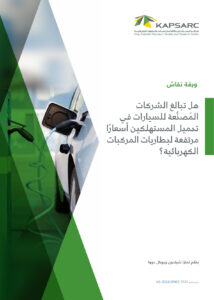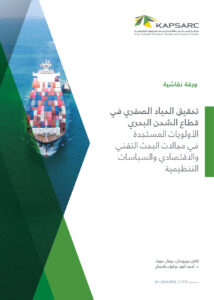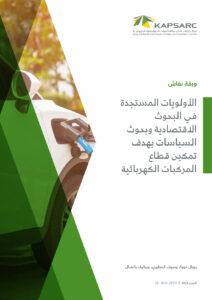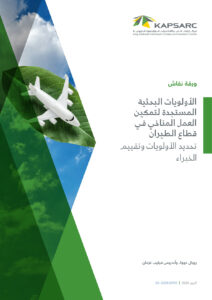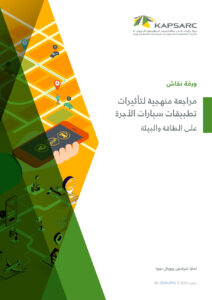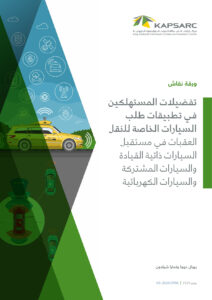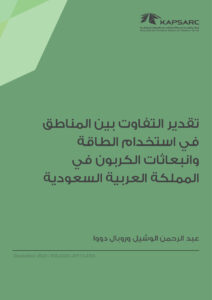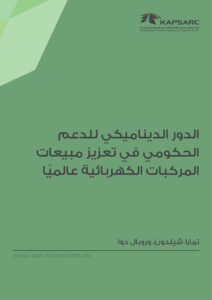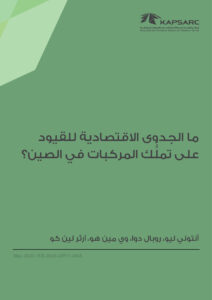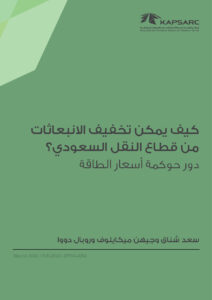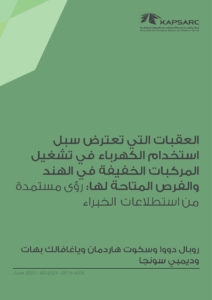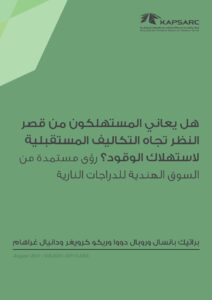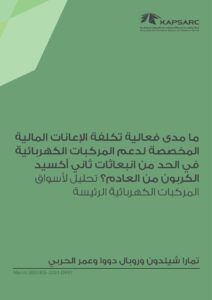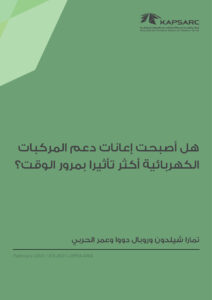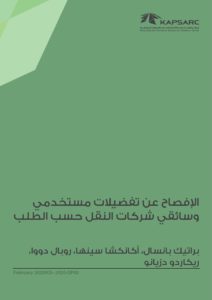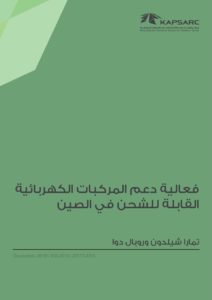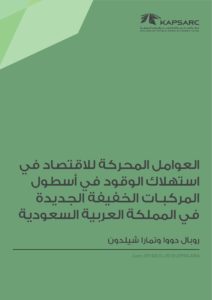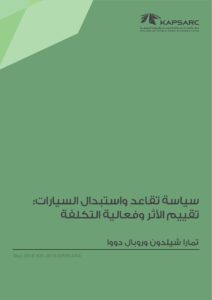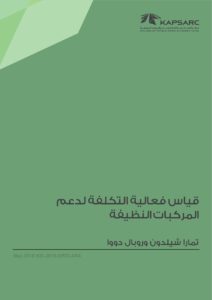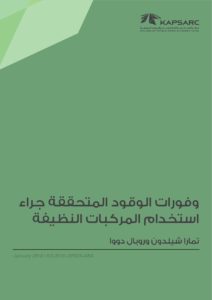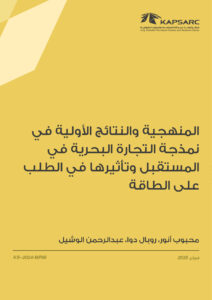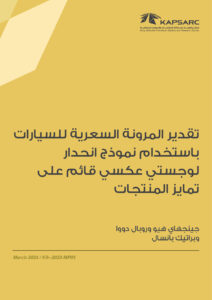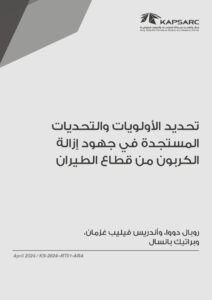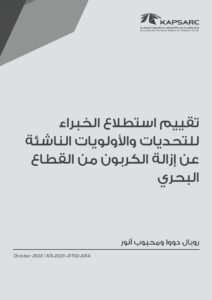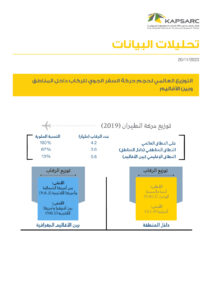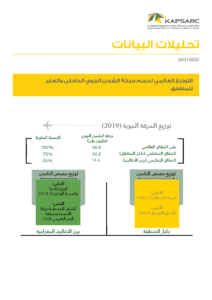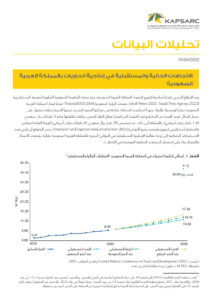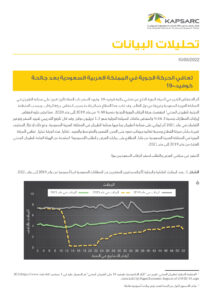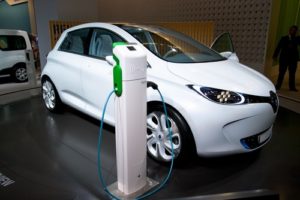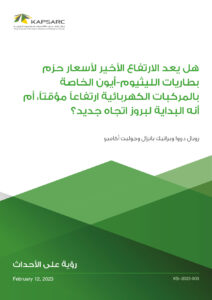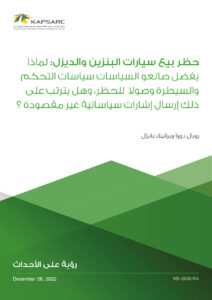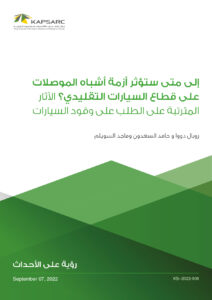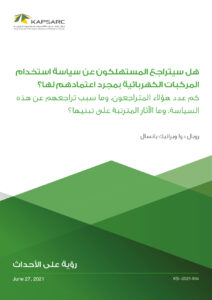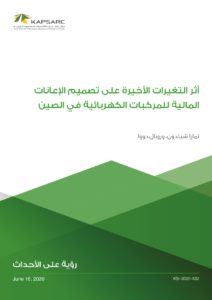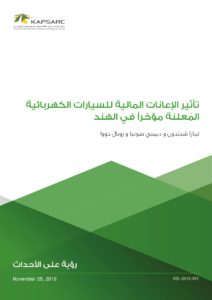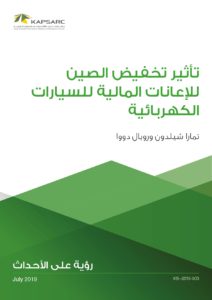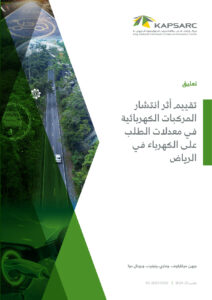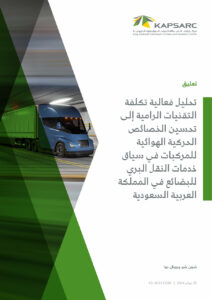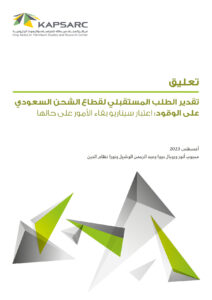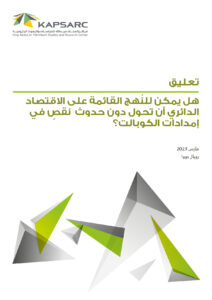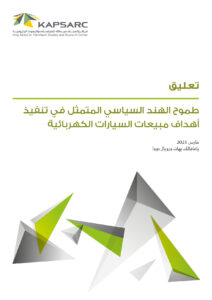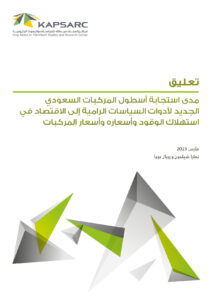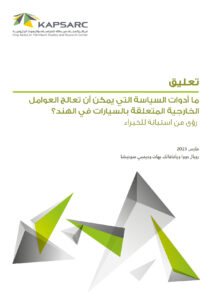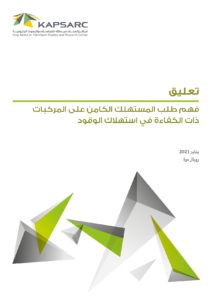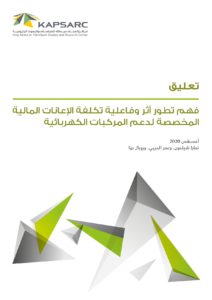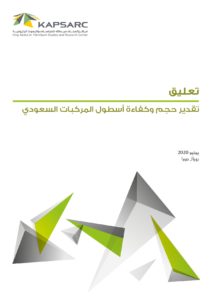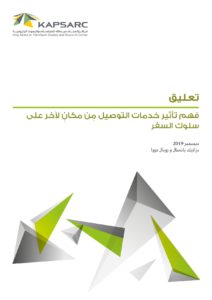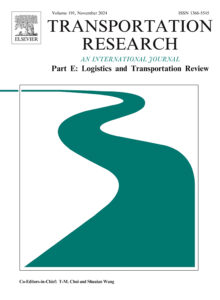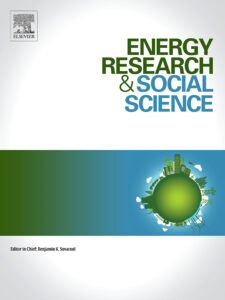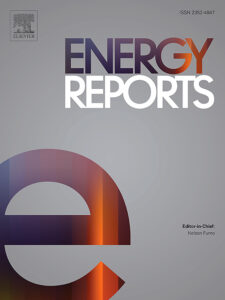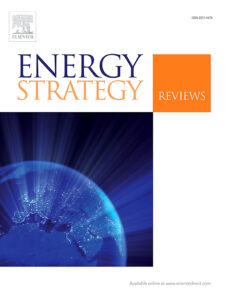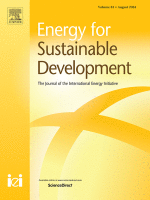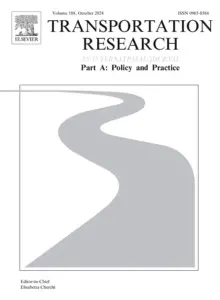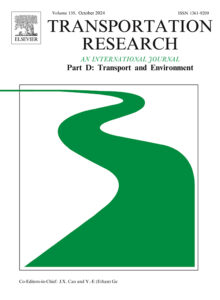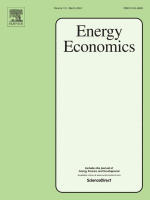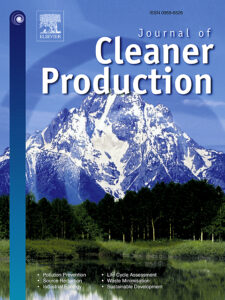يمتلك روبال دووا خبرة في سلوك المستهلكين واختياراتهم وتحديداً في توجيه اختياراتهم نحو استخدام التقنيات البديلة المعنية بكفاءة الطاقة، ويركز في مجال أبحاثه على حفظ الطاقة وحجز ثاني أوكسيد الكربون وسُبل معالجة هدر المياه بالإضافة الى توليد الهيدروجين وتوليد الطاقة من الماء بدلاً من الشمس، قبل التحاقه بالعمل زميل رئيسي في مركز الملك عبد الله للدراسات والبحوث البترولية كان محاضرًا في جامعة بنسيلفانيا حيث تولى مسؤولية مشروع صناعة السليكون واستخدامه في تحويل الشمس الى طاقة كهربائية من خلال التطوير المستمر لنماذج السيليكون البلوري، وهو حاصل على درجة الدكتوراه في تصميم تطبيقات الطاقة والبيئة التي تستخدم الكربون المتقدم من جامعة الملك عبدالله للعلوم والتقنية
Emerging Policy and Economics Research Priorities for Enabling Low-Carbon Trucking
Trucking plays a crucial role in sustaining economic activity worldwide, yet its current path of carbon emissions is out of sync with the net-zero goals set by governments globally. As a result, identifying key energy economic and policy research priorities for low-carbon trucking has become increasingly important. We tackle this need with a four-part approach: (i) identifying pressing issues highlighted in the news media; (ii) formulating economic and policy research challenges that address these contemporary concerns; (iii) cross-referencing these research challenges with academic literature to confirm their relevance, and refining them as needed; and (iv) prioritizing the identified research challenges through consultations with a diverse group of transport experts. Our findings reveal seven key themes, each with its own set of research challenges. Among these, the research challenges prioritized by experts include: (i) high-power charging versus battery swapping for battery electric trucks, focusing on market preferences, standardization (chargers vs. batteries), national strategies, and business models; (ii) optimal allocation of government subsidies between deployment of zero tailpipe emission trucks, including battery electric and hydrogen fuel cell electric trucks, versus refueling/recharging infrastructure deployment; and (iii) a comparative cost-benefit analysis of the EU’s tailpipe versus lifecycle carbon emissions regulations for new trucks.
16th أبريل 2025
